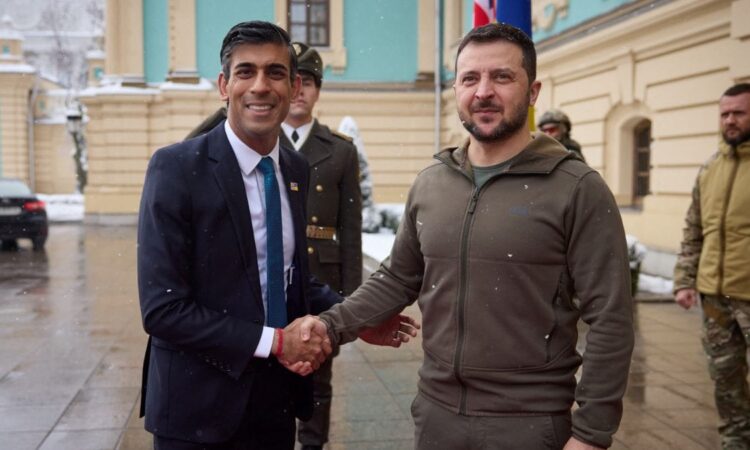
Representational Image.
The UK Foreign Secretary, David Cameron, announced that Britain is willing to loan Ukraine all frozen Russian central bank assets within the UK.
This offer is contingent on Russia paying reparations to Ukraine after the war ends. Cameron explained that these assets would serve as collateral for the repayment of reparations.
This proposal goes beyond discussions within the European Union, where there have been talks of granting Ukraine only the windfall profits from Russian central bank assets held by Western nations.
Cameron presented this plan during a discussion with peers, suggesting the use of a syndicated loan or bond backed by the frozen Russian assets to provide financial support to Ukraine. He emphasised the importance of unity among G7 and EU members but expressed readiness to proceed with allies if consensus cannot be reached.
Addressing concerns about the reputation of the City of London, Cameron stated that he believes the bond plan will not tarnish its standing. This marks the first time Cameron has publicly discussed the proposal in such depth, indicating strong political support from the US but not from the EU.
If implemented, this plan could be particularly beneficial for Ukraine, especially if the US Congress continues to block aid extensions. It would offer Ukraine additional funds to purchase weapons and address its budget deficit.
Debates within the G7 have been ongoing for over a year regarding the potential seizure of Russian central bank assets without destabilizing the international financial system. The EU estimates that approximately €260bn of Central Bank of Russia assets are immobilised in G7 partner jurisdictions, with a significant portion held in the EU.
While some countries, like Belgium, are hesitant to support such a radical plan, the US Treasury has shown a willingness to explore the idea of a bond.
The strength of the proposal lies in the assumption that seized assets would be returned to Russia after reparations are paid. However, it also relies on the expectation of a Ukrainian military victory and Russia’s willingness to pay reparations, which currently seems unlikely.
Cameron warned of the potential consequences of allowing Russia to succeed in Ukraine, expressing concerns about the security of Moldova and the Baltic states.
This move mirrors past instances of appropriating state assets, such as the US seizure of Iraqi funds for Kuwaiti reparations after the 1990 invasion. However, Russia would likely oppose any UN endorsement of asset seizure.





